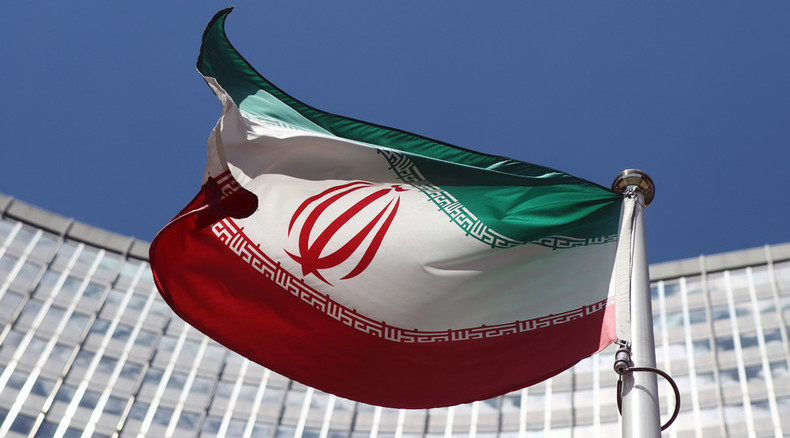The nuclear deal, struck in 2015, has been in deadlock ever since the US withdrew in May 2018 under the Trump administration.
Qatar said cooperation between the International Atomic Energy Agency (IAEA) and Iran is the only way to resolve all outstanding issues posing as an obstacle to the revival of the nuclear deal, Fars News Agency reported.
Top Qatari official, Ahmed bin Hassan Al Hammadi suggested positive interaction between the two sides through full respect for the agency’s authority and Iran’s rights and commitments, remains the only way to resolve all outstanding issues.
Al Hammadi, who serves as the Secretary-General of the Ministry of Foreign Affairs and Qatar’s Governor to the IAEA, made the comments during a discussion on the implementation of monitoring, verification, and safeguards in Iran, at the ongoing session of the Board of Governors in Vienna.
He commended the ongoing dedication of Director-General of the IAEA Rafael Grossi and and officials in Iran, urging both parties to strengthen and ramp up their cooperation and responsiveness.
Al Hammadi also emphasised Doha’s strong encouragement for Tehran to maintain its collaboration with the agency and the director-general by providing required information. The Qatari official said this is crucial for achieving a definitive resolution regarding the remaining issues.
IAEA
Since last year, the United States and its European allies, the United Kingdom, France, and Germany, who are also members of the IAEA Board of Governors, have pushed for the agency to look into Iran’s alleged nuclear weapons development.
Seyed Mohammad Marandi, who is part of the Iranian negotiating team in Vienna, has maintained that Tehran will not sign the nuclear deal with Washington until the IAEA halts the files and investigations, Fars News Agency reported on Tuesday.
Marandi echoed Iran’s position on Grossi, adding that that Iran would be willing to sign the agreement “if the United States closes the case” at the IAEA and “accepts the text that both Iran and Josep Borrell saw as reasonable.”
Iran says the US and its allies are using the IAEA investigation to isolate it and put off the renewal of the nuclear deal, formally known as the Joint Comprehensive Plan of Action (JCPOA).
The agreement, which was struck in 2015, has been in deadlock ever since the US withdrew in May 2018 under the Trump administration, which also imposed unilateral sanctions on the Islamic Republic.
Iran has also accused Israel of applying pressure to push for investigations and questioned the objectivity of Grossi, the current IAEA director, reports said.
Before the IAEA Board of Governors meeting in June of last year, Grossi travelled to Israel, which is not a signatory to the Treaty on the Non-Proliferation of Nuclear Weapons (NPT).
The NPT is the centrepiece of global efforts to inhibit the spread of nuclear weapons, including three elements, namely non-proliferation, disarmament, and peaceful use of nuclear energy.
Israel owns nuclear weapons. However, its refusal to join the treaty stipulates that it will not be subject to inspections, nor does it risk being sanctioned by the United Nations’ IAEA.
Doha recently ramped up its unofficial role as a mediator between Iran and Washington by hosting a round of negotiations in Doha in June 2022 as part of efforts to revive the 2015 nuclear deal.
In recent months, Qatar has received praise from Iran for its heavy diplomatic role in affairs between Tehran and Washington.
In late March, Tehran confirmed the Gulf country’s role in talks over the exchange of prisoners as well as the revival of nuclear deal.
“Qatar is always moving in the right track and has played a role in the prisoner exchange talks and the nuclear deal,” Hossein Amir-Abdollahian, Iran’s Foreign Minister, told Al Jazeera.







